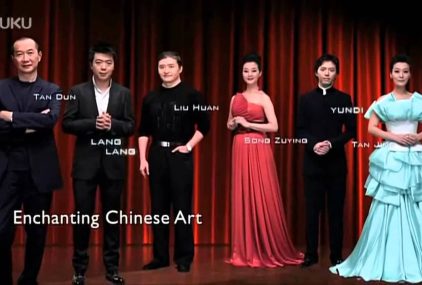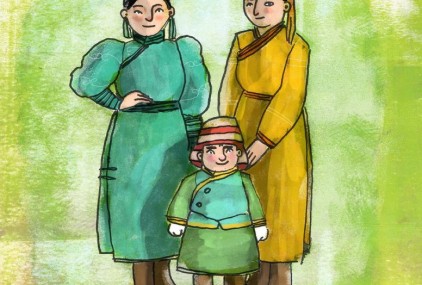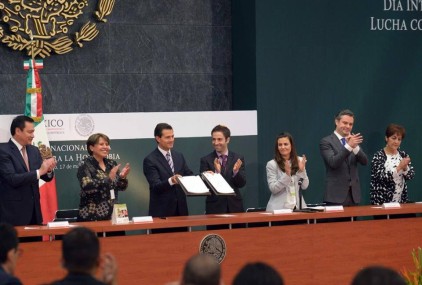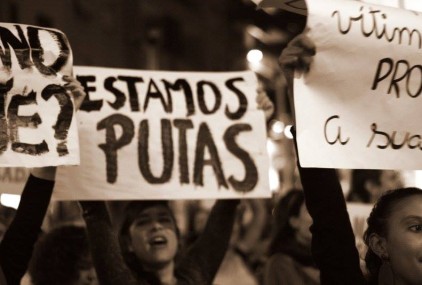Emerging Powers, Sexuality and Human Rights at the AWID Forum
The session examined how the geopolitical shifts implied in the articulation of these global South countries in new blocs, especially the BRICS, has generated expectations that this emergence of “powers from the South” would eventually open up space for new platforms for the political work on sexuality, gender and human rights, that would not be caught by overlapping North-South tensions (or post-colonial effects) that perennially cross these fields of debate.
Oral histories of LGBT people in Mongolia
Originally posted by ЛГБТ Аман түүх at lgbtamantuukh on 04/07/2016. Available at: https://lgbtamantuukh.wordpress.com/2016/07/04/welcome-to-the-lgbt-oral-histories-of-mongolia-project/ Sponsored by the LGBT Centre (Mongolia)’s Youth Leadership Program, Batchimeg S. and
The ‘state’ and sexual politics: An interview with Gloria Careaga
On March 2016, we relaunched our Spanish website that (among other things) provides access to the Spanish translation of Queering the Public Sphere in Mexico

New GenderIT edition: three key issues for a feminist internet: Access, agency and movements
The Feminist Principles of the Internet arose from the first Imagine a Feminist Internet meeting in 2014 in Malaysia. The meeting brought together 52 women’s rights, sexual rights and internet rights activists from six continents to discuss one question: “As feminists, what kind of internet do we want, and what will it take for us to achieve it?”
Brazil: The conservative restoration and sexual politics
It is not exactly to keep track of the Brazilian political development these days. On May 11th, the Brazilian Senate confirmed the admissibility of the impeachment of President Dilma Rousseff, which had been approved by the House on April 17th.

New report maps West African LGBTQ organizing
Though funding for LGBTQ activism in West Africa has historically focused on gay men and other men who have sex with men (MSM), the scan shows that more broad-based LGBTQ organizations are emerging. Several of these nascent groups are led by queer-identified women and gender non-conforming people.

Feminist Studies’s call for paper: Decolonial and Postcolonial Approaches: A Conversation
authoritarianism Deadline: March 1, 2016 Decolonial and postcolonial approaches have long informed and animated feminist scholarship and activism, but often not at once nor in

Launching IM-Defensoras report on violence against WHRDs in Mesoamerica
AWID, as IM-Defensoras Steering Group member, has launched the Second Regional Report on the Situation of WHRDs in Mexico and Central America, which includes and compares

Can human rights bring social justice?
This Amnesty International’s collection of twelve essays explores the differences and similarities between social justice and human rights, providing divergent perspectives on whether and how
Intersectionality of sexuality, inequality and poverty
Originally published on IDS. Available at: https://www.ids.ac.uk/opinion/intersectionality-of-sexuality-inequality-and-poverty I recently had the pleasure (and challenge) of being part of a team of Research Assistants working for





